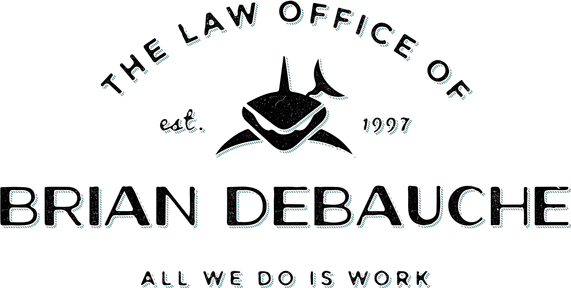Colo. S.Ct. Feb. 1, 2010
No. 09SA156. People v. Minor.Criminal Procedure—Fourth Amendment Suppression Hearing—Scope of Consent in a Vehicle Search.
The Supreme Court reversed the trial court’s order suppressing evidence of drugs obtained from a closed backpack in the trunk of a vehicle after defendant provided general consent to search the vehicle. The Court also reversed the trial court’s order suppressing all subsequent statements as fruit of the poisonous tree after the search.
The Court held that general consent to search a vehicle extends to all objectively reasonable places in which the implied object of the search may be found. That includes closed containers so long as no forcible destruction of property is necessary to access its contents. The Court also held that the driver in control of a vehicle has the power to consent to a search of the vehicle, even if he or she is not the registered owner and the registered owner is present at the time.
No. 09SA212. People v. Crippen. Search Warrants—Probable Cause—Motion to Suppress Evidence.
The People brought an interlocutory appeal pursuant to CRS § 16-12-102(2) and C.A.R. 4.1 challenging the district court’s suppression of evidence seized during the execution of a search warrant at defendant’s home. The district court found that the affidavit in support of the warrant failed to establish probable cause, because (1) the warrant failed to identify the person or agency conducting the audit from which the allegations of criminal activity were derived; and (2) the records that were evaluated in the audit and sought pursuant to the warrant appeared to be several years old.
The Supreme Court reversed the suppression order and remanded the case for further proceedings. The Court concluded that based on the totality of the circumstances, the affidavit provided a substantial basis to believe the information it contained was reliable. In addition, there was a reasonable probability that evidence of the alleged criminal activity would be found at defendant’s home. The district court therefore erred in granting the motion to suppress.
